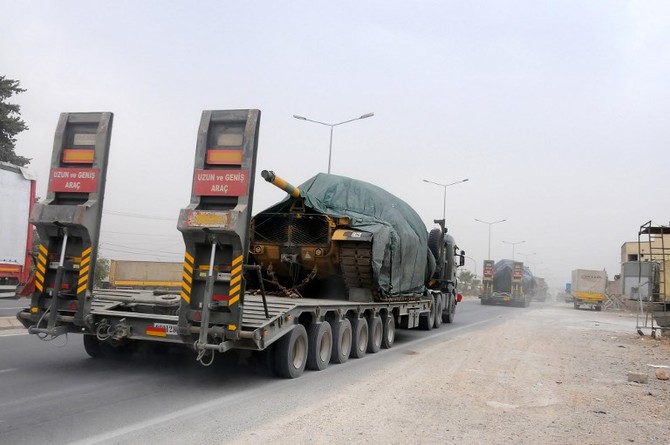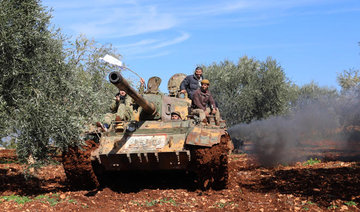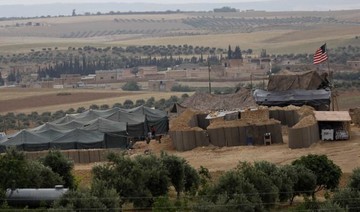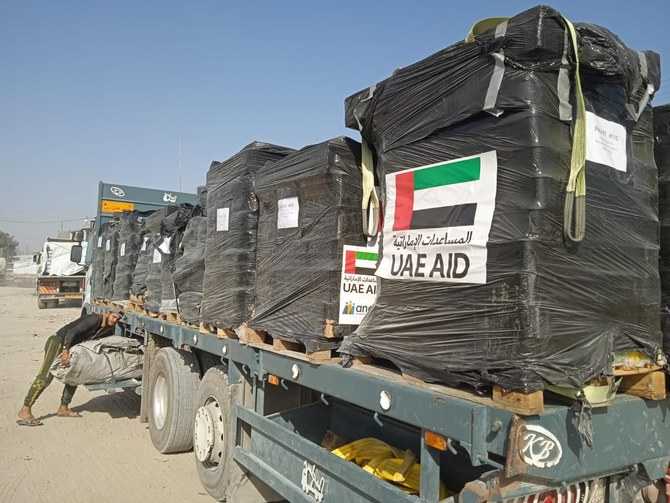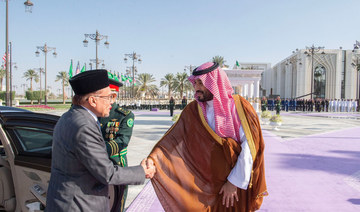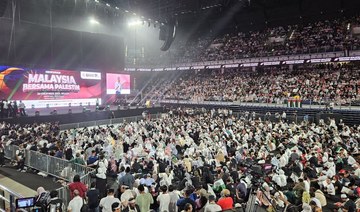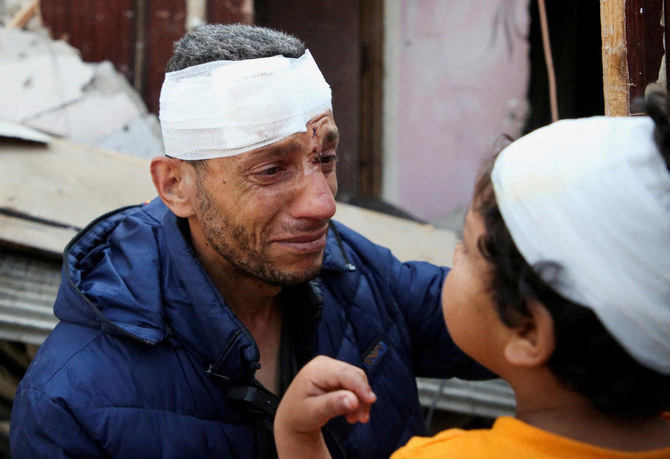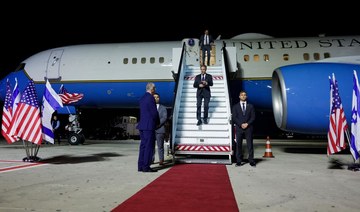ANKARA: Turkey is gearing up for a military offensive on Tal Abyad in Syria, according to some news reports, with video footage showing the Turkish military deploying troops near its border town Akcakale.
Experts interviewed by Arab News noted that the military deployment to the Syrian border with many tanks and howitzers was aimed at putting additional pressure on the US to accelerate the implementation of a roadmap endorsed by Turkey and the US in June for the northern Syrian city of Manbij.
A recent agreement between Ankara and Moscow that forestalled a full-scale Syrian regime offensive against the Syrian province of Idlib also triggered Turkey’s ambitious military activities along the border.
Turkey maintains its regional alliance with Russia as leverage against US support for the Syrian Kurdish YPG militia, seen as a domestic security threat to Turkey due to their links with the Kurdistan Workers’ Party (PKK), which has waged a bloody insurgency against the Turkish state for more than three decades.
And the Manbij roadmap between Turkey and the US consists of the withdrawal of the YPG from the city to stabilize the region.
Tal Abyad, an Arab-majority town located to the north of Raqqa city and near the Turkish border, was captured from Daesh in 2015 by the YPG in an offensive supported by US-led airstrikes. The YPG remains a reliable American partner in Syria.
A potential operation in Tal Abyad, if it happens, would likely mark a new phase in Turkey’s military intervention in Syria by directly clashing with the YPG on the ground.
Mete Sohtaoglu, an analyst on Syrian politics, expects Turkey’s operation in Tal Abyad to start by March 2019.
“Turkey’s main objective is to wipe out all YPG presence in the east of the Euphrates. The details of the operation, if it occurs, will become clear following an upcoming meeting between Turkish and American presidents,” he told Arab News.
“The operation is expected to begin from Turkey’s southeastern border town of Suruc, then will specifically include the zone between Tal Abyad and Kobani cantons,” he said.
Although not officially confirmed, Trump and Erdogan are likely to meet on the sidelines of the UN General Assembly’s 73rd session, which will begin on Sept. 25.
According to Sohtaoglu, the prime condition for the US to address Ankara’s concerns and withdraw its support for the YPG would be a change of policy by Turkey about Iran.
Ankara recently gave the green light for military cooperation with Washington in Syria. Since June 18, US and Turkish troops have been conducting “coordinated independent patrols” to the north of Manbij as part of the roadmap.
In a press conference on Friday, Turkish presidential spokesperson Ibrahim Kalin announced that Turkey would soon start joint training and patrols with the US in the Syrian Kurdish-held town of Manbij, but said Washington’s continuous arms support of the YPG was unacceptable.
The US State Department omitted the YPG and its political wing the Democratic Union Party (PYD) from its 2017 Country Reports on Terrorism, which was released on Wednesday.
However, some experts do not expect any decrease of US support to its local partner YPG, while mobilizing the forces alongside the border is a tactical move.
“I don’t expect an imminent and direct military operation to Tal Abyad. I think the recent military reinforcement intends to put pressure on the US to quickly operationalize the joint roadmap on Manbij, another Kurdish-held province,” Oytun Orhan, a Syria expert at the Ankara-based think-tank ORSAM, told Arab News.
Orhan thinks that Turkey’s tactical move would change the local balance in Tal Abyad.
“It would create a sense that the Turkish army wants to enter the area and would incite some rebels. The removal of YPG from this province would undermine the terror group’s aim to create an integrated zone in this region because it will break the geographical continuity between the cantons,” he said.
Further increasing its geographical importance, Tal Abyad is located on an intermediate point between the major cantons of Kobani and Qamishli.
Orhan said that Turkey already had the support of Arab tribes that took refuge in Turkey from Tal Abyad, and Ankara’s ability to rally this support in an Arab-majority town would force the US to reconsider its alliance with the YPG.
“In the past, the Arab tribes that took shelter in Turkey often expressed their willingness to take part in an Turkish operation to Tal Abyad if Ankara supports them,” he said.
Last year in March, Turkey convened a meeting of about 50 Sunni Arab tribal leaders in the Turkish southeastern province of Sanliurfa that lies to the north of Tal Abyad, and their position against the YPG was put on the table.



